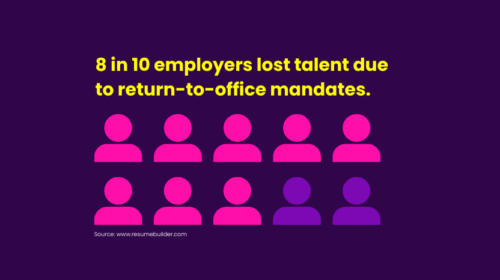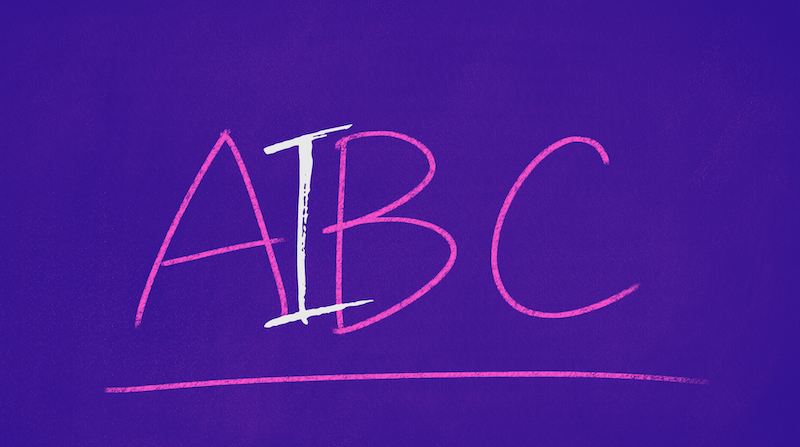Hybrid work: the ‘person first’ approach and the role of AI

Return to the office or offer flexibility and freedom? – Hybrid working combines the best of both worlds. At the same time, it presents organizations with challenges in maintaining productivity, engagement and wellbeing. Understanding the different personalities in teams has never been more important. Hybrid work environments require hybrid recruitment and development strategies, namely those that add a third pillar to the personal impression and the facts from CVs and application documents: AI-based personality assessments that make it possible to find out what really makes someone tick and what he or she needs to be able to work well. They can make a significant contribution to optimizing hybrid working environments. A recent survey found that 8 out of 10 employers have lost talent due to the obligation to return to the office, underlining the need for a balanced and personalized approach. ‘Person first’ as an extension of “people first”.

Why personality is important in hybrid work
Hybrid work environments affect different personality types differently. Introverts, for example, tend to thrive in structured hybrid environments, while extroverted employees tend to struggle with the isolation of remote work. There can be no one-size-fits-all solution, simply because companies should have an interest in forming heterogeneous and diverse teams. After all, these are proven to be more successful. This means that companies must also act strategically with regard to working environments to ensure that collaboration works well.
Form determines performance
The ‘Extended Mind Theory’, for example, states that our thinking must always be considered in conjunction with our environment. Where someone works therefore has a significant influence on how that person works. Companies should ask themselves what resources their employees have access to in order to think and perform well, and whether these are sufficient. After all, employees’ potential sometimes lies untapped because the spatial conditions do not allow them to develop in a way that suits their personality. Or to put it positively: Companies should be aware of the different preferences when designing work environments in order to promote the strengths of their employees.
Personalized recommendations for greater productivity
Based on the personality data analyzed with the help of AI, HR can make personalized recommendations for employees to make their day-to-day work more productive and enjoyable. These recommendations can relate to a variety of aspects, such as the selection of the ideal work location (whether in the office or working from home) or the use of suitable communication tools (e.g. video conferencing vs. chats). Similarly, employees who work better in quiet environments could receive specific suggestions for office areas that meet their needs. Last but not least, AI can help to put together teams in such a way that employees with complementary personality traits work together in the best possible way. This personalized and balanced approach not only promotes employee efficiency, but also their well-being and satisfaction in the workplace.
Prof. Dr. Florian Feltes
Prof. Dr. Florian Feltes is co-founder and co-CEO of zortify and a forerunner in AI-supported HR innovation. Together with his team, he develops intelligent personality diagnostics and helps companies identify the perfect candidates—without expensive assessments and without bias. His vision: a world in which every company can effortlessly form high-performance teams and create work environments that allow human potential to flourish.


AI literacy: These are the key skills for modern HR work

Employee diagnostics: What do you care about my personality?
